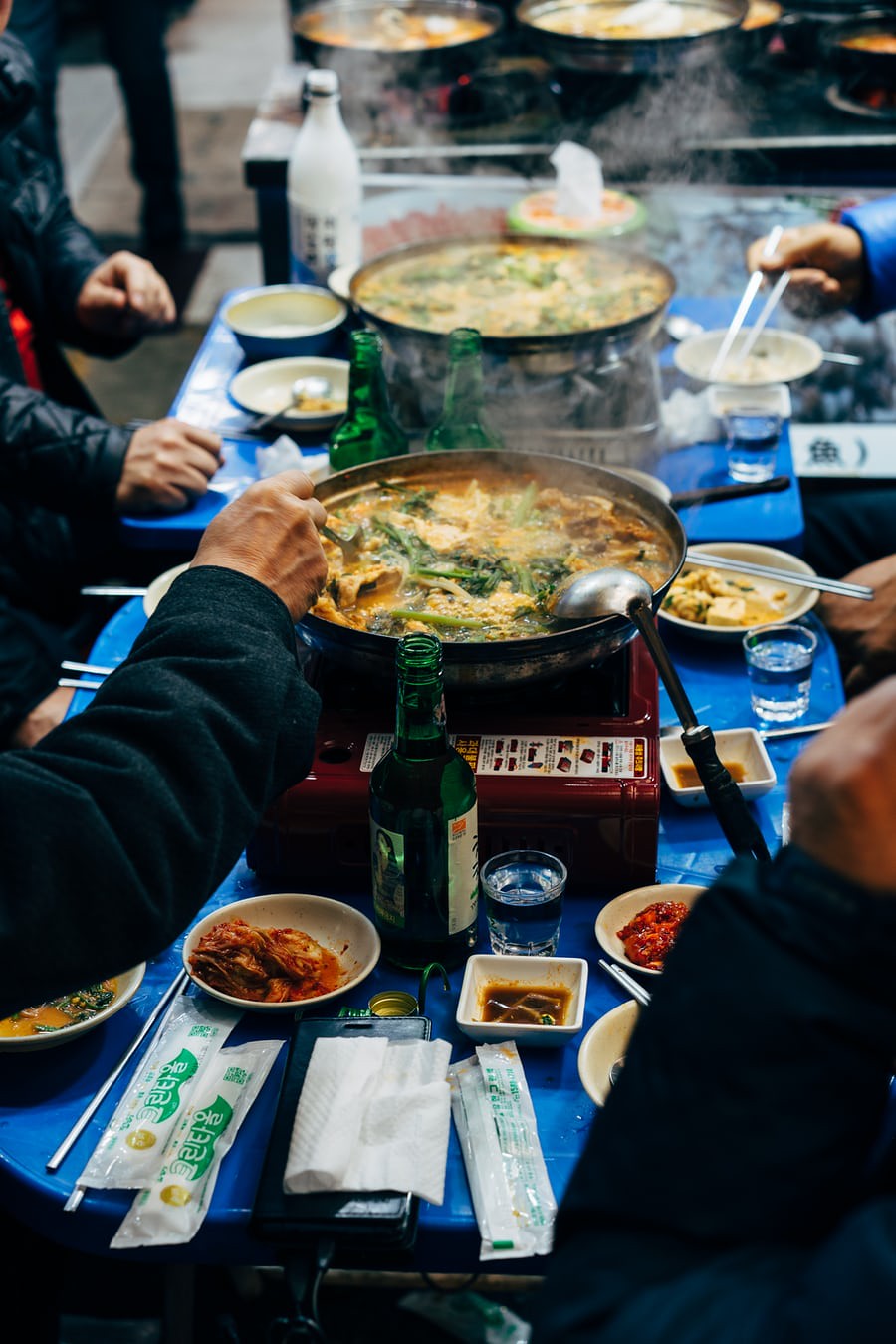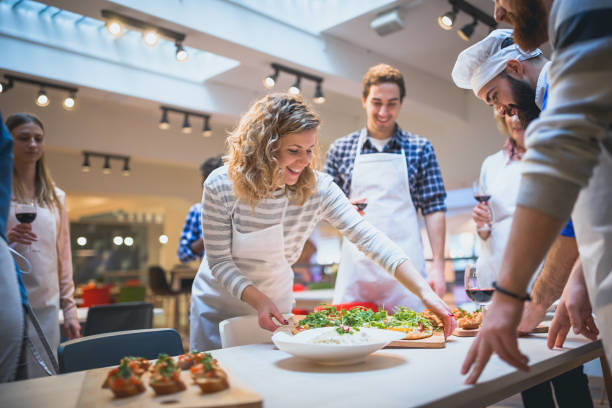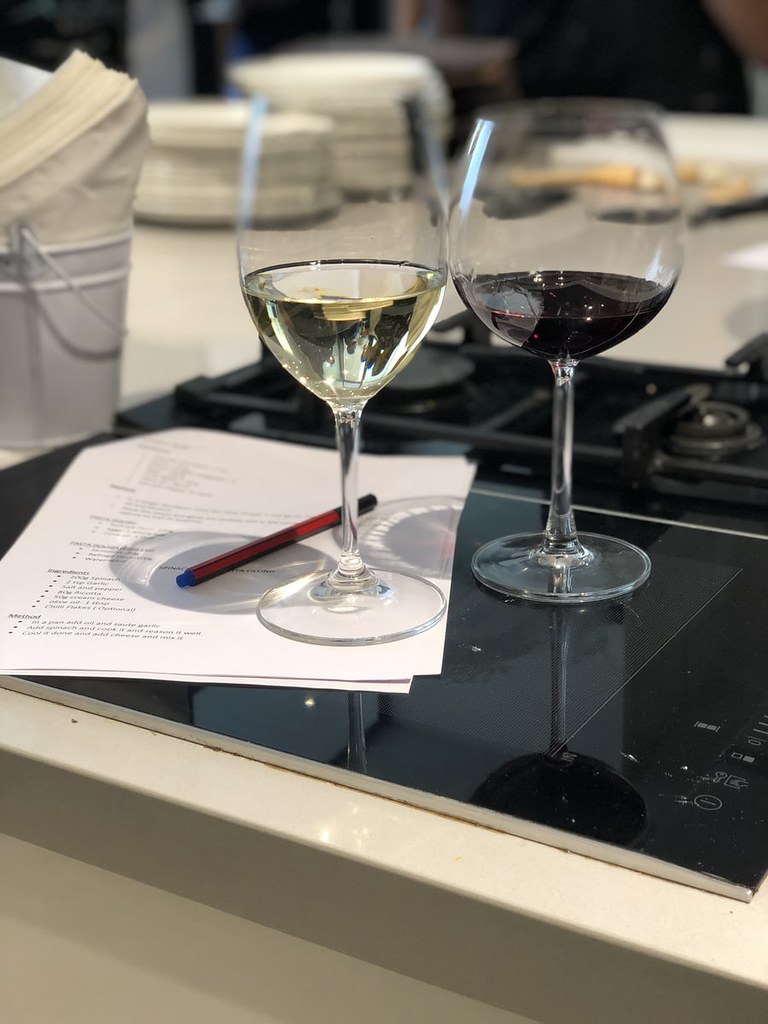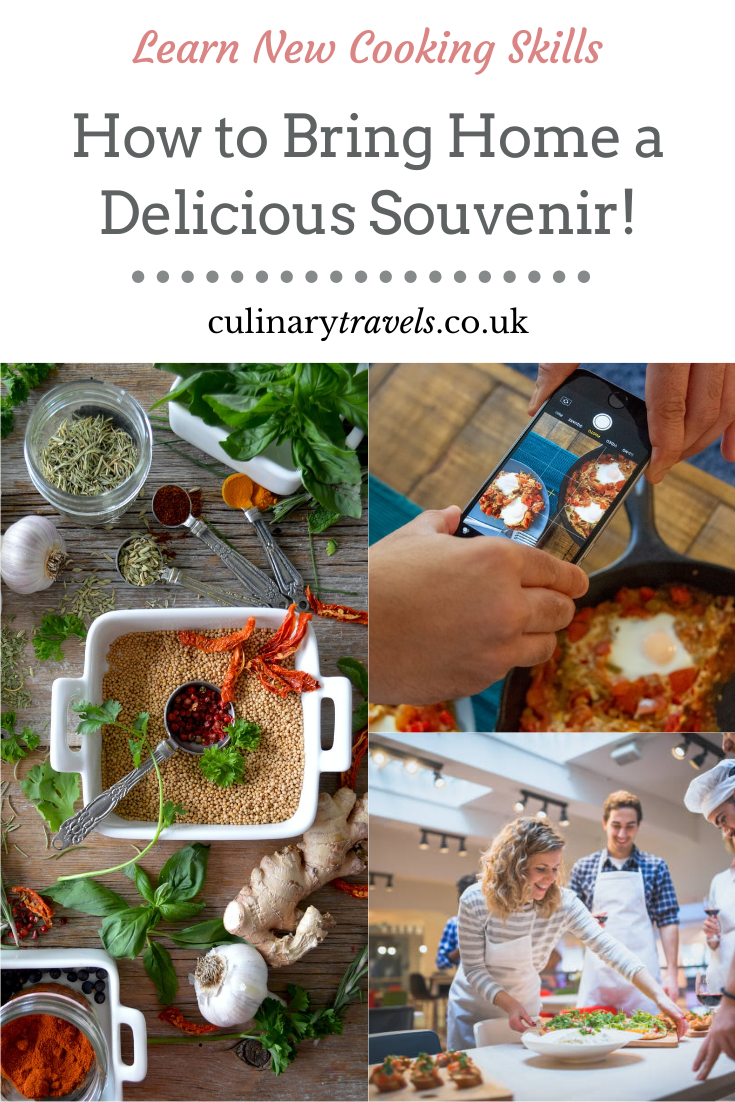Blog
Bring Home a Delicious Souvenir: New Cooking Skills

Cookery Classes Abroad: Learn New Skills on Holiday
This is a guest post by Susan Doktor, a journalist, cookbook editor, and business strategist from New York City. Formerly creative director for Calphalon, she has collaborated, cooked, and travelled with talented chefs worldwide.
We can learn a lot about a culture from the foods that define it. Insights into a nation’s agriculture, economy, and traditions often come from answering a simple question: “What’s for supper?” Countless travellers would agree that breaking bread with locals offers rich, one-of-a-kind culinary experiences.

If you love food and travel, consider taking home new cooking skills as a souvenir. Whether you build your entire trip around culinary learning or add a few classes to your itinerary, studying with a native chef using local ingredients can make your journey unforgettable.
🌍 Where to Find Cookery Classes
Thanks to Google, it’s easy to find cookery classes anywhere. Many companies now offer gourmet food tours with culinary instruction included, and cruise lines often have similar opportunities onboard. Always aim for hands-on instruction rather than just observing — it’s the best way to retain what you learn.

🎓 The Do-It-Yourself Option
If you prefer more control over your culinary holiday, professional cooking schools can be a fantastic resource. Many cities have schools offering classes to amateurs. In New York, the Institute of Culinary Education hosts thousands of recreational chefs yearly. Or you could study at Le Cordon Bleu in Paris — chocolate sculpting, anyone?
Classes can focus on core skills like knife techniques or niche specialties like Chinese dumplings. Professional schools give you access to expert instructors, fully equipped kitchens, and a structured learning environment.
👩🏻🍳 Think Small
Beyond large schools, you can also study with celebrated chefs, cookbook authors, and independent instructors. For example, Joanne Weir, trained at Chez Panisse, hosts culinary tours in Marrakech, Spain’s Basque region, and even on the Danube. Following your favourite chef’s website or social channels may lead to exclusive opportunities.

🥂 The Joy of Cooking with Friends
Foodies often travel together. Private group classes are another way to learn while travelling. Arrange a teacher, a kitchen, and friends, and you’re set. Community kitchens or vocational schools often rent space when classes aren’t in session. This can be pricier but rewarding — plus, paying with a travel credit card could earn you points or rewards.

🧳 What to Bring to Cookery Class
Your favourite chef’s knife — nothing beats a familiar, fully-forged blade (pack in checked luggage, not carry-on).
Camera — capture your creations and classmates in action. Photos and videos help preserve memories and techniques.
Wine — many classes serve wine, but bringing a complementary bottle can elevate the experience.
Good manners & safety — be mindful of spills, knife safety, pot handles, and personal space.


💻 Travelling During COVID-19
Travel restrictions have made many of us armchair travellers. The culinary education community responded with virtual cooking classes, allowing you to indulge your passion for food from home.

Disclaimer: Images sourced from Unsplash.
✨ Stay Connected with Culinary Travels ✨
Loved this post? 🍴 Don’t let the conversation end here! Join me for behind-the-scenes kitchen moments, foodie adventures, and plenty of inspiration:
👉 Facebook | Instagram | Pinterest
💌 Got thoughts, questions, or your own foodie stories to share? I’d love to hear from you — just drop me a note through my contact form.
📬 Hungry for more?
Subscribe to my newsletter for exclusive recipes, travel tips, and behind-the-scenes foodie fun: Sign up here
🌍 Sharing is caring! If this post made you hungry for more, please pass it along. Every share helps this little corner of the internet grow, and I’m so grateful for your support. ❤️






What Our Followers Say
"Oh yum!!! I could eat one or two right now!"
Sami Tamimi
"Georgina was great to work with, quick to respond, and is an excellent content writer - would highly recommend collaborating with her!"
Nick S, Get Blogged
Our list of things to do in Cork has just expanded hugely thanks to Culinary Travels.
Triskel Art Centre Cork